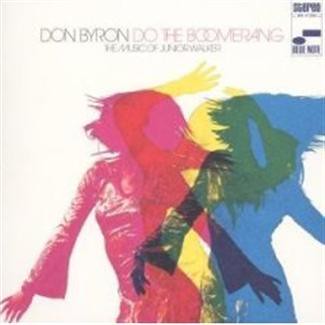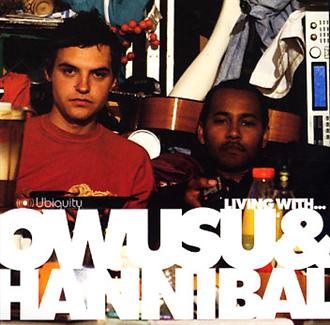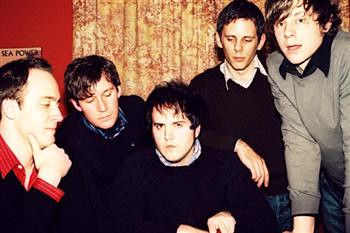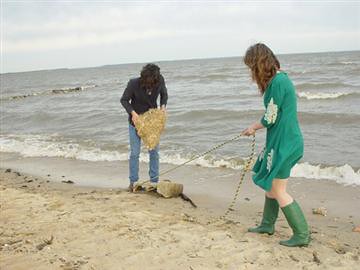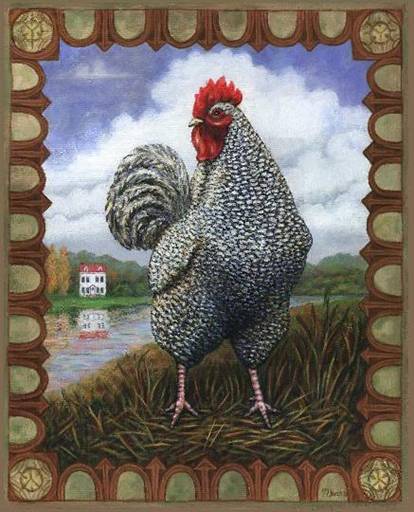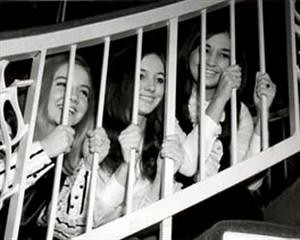
Image: Ace Records
Condition Red - The Goodees
Even among the many weird and wonderful curiosities of the girl group era, "Condition Red" is an oddity. A late entry (1968) in a subgenre that thematically fused tragic opera librettos and simple teenage rock n' roll rebellion, the song is close kin to The Shangri-Las "Leader of the Pack." Kim Cooper locates it in this tradition and highlights some of its stranger elements--the narrator's friendless status, the snotty way she mimics her worried parents, the unusual manner in which the rebel boy perishes (he crashes his motorcycle into a parked car)--in an excellent Scram piece. But reading Dave Marsh's essay on "Barbara Allen" (found in the Rose and the Briar: Death, Love and Liberty in the American Ballad) this past weekend, I wonder if there's another interesting (and relatively unexplored) method of approaching "Condition Red" and its ilk.
"Barbara Allen" is perhaps the oldest surviving and best-known ballad in the Anglo-American folk tradition. First printed in the 17th century and canonized by Francis Child as Child Ballad #84 in the 19th, it's a durable little tragedy. You can find hundreds of recordings by the usual folkies--Bob Dylan, Joan Baez, New Lost City Ramblers (which I've included, since it's a pretty straightforward rendition)--but also contemporary interpretations by the likes of Dolly Parton and The Handsome Family, the last of whom specialize in making this kind of stuff palatable to indie kids.
As you'd expect from something that's primarily been transmitted orally and has wandered far and wide (it probably originated in Scotland), the song has a bunch of variants. But the basic facts remain these: Sweet William (or something similar) lies dying because the object of his affection, Barbara Allen, won't return his love. Barbara defends herself by pointing out that just the other night at the local tavern William sang the praises of every girl in town except her. But following William's death, she suffers such sorrow and regret that she too soon succumbs. Buried side by side, William's grave grows a rose and Barbara's a briar, which intertwine to form "a true love knot."
Ballads don't survive more than 400 years unless they tap some strong and enduring concerns--and deep anxieties. "Barbara Allen" addresses the full slate: love, death, life after death, emotional cruelty, guilt. But if you really want to boil the song down to one thing, it's gotta be about how easy it is for men and women to misunderstand one another. Which just happens to form the tragic crux of "Condition Red." The girl tells her sweetie that, given her parents' position, it might just be better if he meets her at the corner instead of coming to the house. Offended by what he interprets as her unwillingness to defend him and prove her love, he "goes away mad"--and to his death. This despite the fact that she calls after him, "Hey, take me with you!"
All of which ... is rather comical, actually. If the scenario itself doesn't get your giggling, the melodramatic boom boom opening, unfortunate associations of "condition red" with cheesy "emergency" T.V. shows and--God help producer Don Davis--the church organ outro, will. There's a fine line between tragedy and kitsch, and the song walks it. But so do these slightly older teen tragedies. I mean, really, who dies of heartbreak? And the thing with the briar and the rose? Ridiculous, right?
Marsh concludes his Barbara Allen essay with this:
What amazes me is that people--educated people and, for that matter, people who educate--can gaze so long at a beautiful mystery and instead see nothing but a perfectly formed shell containing interesting things to count... What's amazing is our ability to ignore the lesson that "Barbara Allen" has to teach, which is the peril of denying the complicated mysteries that throb within our hardened hearts ...
And it seems to me that many of the girl group teen dramas (which were, it should be recognized, mostly composed and produced by older men) pursue this very problem. Excessive and often hysterical (in both senses), adolescent and unreal, they tell stories about the everyday ineffable and those terrestial, yet incredible things that regularly defy logical interpretation. And probably should.
BTW, I'm thinking of exploring the connection between narrative girl group songs and the folk ballad tradition further for another, larger project. So if you have thoughts on the matter, please share them in an email. The connection may, in fact, be extremely tenuous.
Leader of the Pack - The Shangri-Las
Barbara Allen - New Lost City Ramblers
Barbara Allen - The Handsome Family
From:
Where The Girls Are, Various (US, UK)
Leader Of The Pack, The Shangri-Las (US, UK)
Old Timey Songs For Children, New Lost City Ramblers (eMusic)
Straight Outta Boone County, Various (US, UK)
Other stuff:
A flat-out fantastic post on Shuggie Otis at Tuwa's Shanty.
The Killers on SNL: OMGWTFOMGWTF


